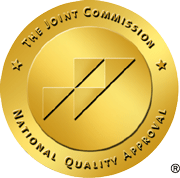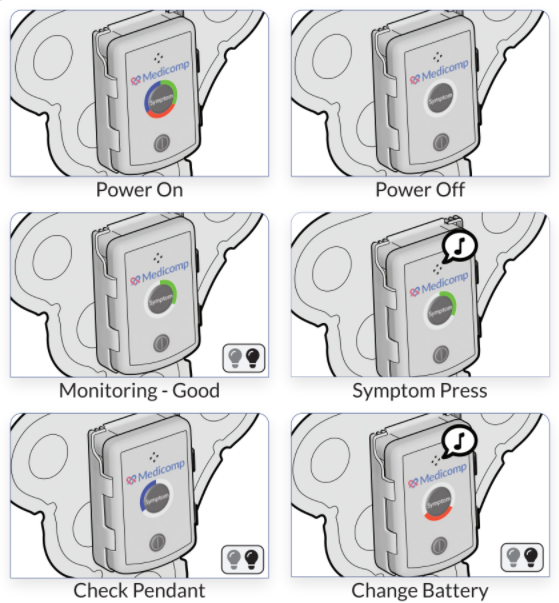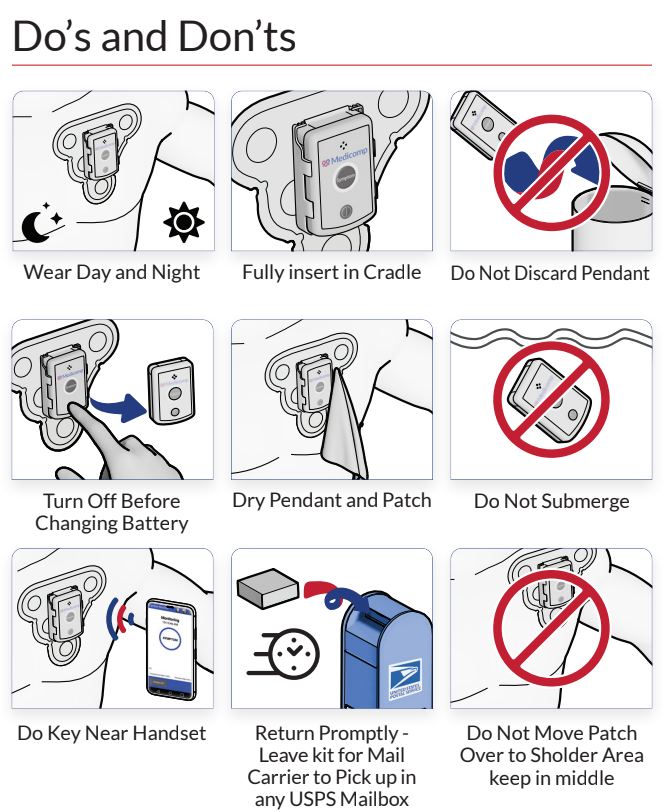Individuals who suffer from painful, chronic conditions like arthritis often take anti-inflammatory medications on a regular basis. Unfortunately, a new study reveals that this type of drug may actually increase a person’s blood pressure and leave them more susceptible to suffering a stroke. ReactDx, the makers of a first-rate mobile cardiac monitor, report on the study’s most recent findings below.
One of the biggest issues anti-inflammatory drugs cause is stomach irritation. Prolonged use leads to ulcers, problems with acid reflux, and even stomach bleeding. Researchers set out to develop a replacement drug that would be easier on the stomach, thus creating celecoxib. This medication received FDA approval back in 1999, and although the drug was able to reduce stomach irritation, it also caused kidney and high blood pressure problems.
Harvard Health Publishing reports that the study examined two drugs – celecoxib and rofecoxib. The FDA decided to take rofecoxib off the market in 2004, but left celecoxib with the condition that additional testing be performed and a warning label added to the product’s packaging. The company finally completed the PRECISION (Prospective Randomized Evaluation of Celecoxib Integrated Safety versus Ibuprofen or Naproxen) trial and recently disclosed its results.
The trial took a look at 24,000 arthritis patients who had an increased risk for cardiovascular disease, splitting the patients into three groups. One group received celecoxib, one group was prescribed traditional ibuprofen, and the last group took naproxen. The study showed that the risk for a heart attack or stroke was the same for all three groups, yet the celecoxib group reported less gastrointestinal and kidney problems.
Patients prone to heart disease will want to avoid taking anti-inflammatory drugs like celecoxib. Instead, it is best to seek treatment from a knowledgeable cardiologist, who can help you manage your pain in a way that won’t affect your heart health. Mobile cardiac monitors are the best instrument for determining how well your heart is functioning. Call us at 800-234-3278 to learn more about this piece of equipment, or read our News & Updates page to keep up-to-date on the latest studies.



